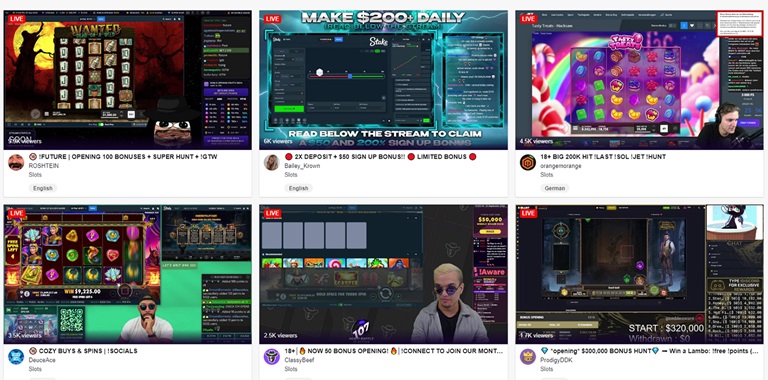
Twitch streamer Roshtein hosts gambling content on slots.Sports Business Journal
Twitch’s ban on unregulated and loosely regulated slot gambling websites could have a ripple effect across esports. Gambling sponsorships are lucrative (as those companies often spend more in their search for new customers than other sponsors), and for some teams, they’re an important revenue stream in a difficult market. Companies like Ubisoft have banned gambling sponsorships from appearing on broadcasts for competitions like Rainbow Six: Siege. Ubisoft has recently warmed to the possibility of gambling site sponsorships, but only with a vetting process and written consent from the publisher.
Betway, a rigorously regulated betting site, has partnerships with Ninjas in Pyjamas and Beastcoast’s Dota 2 team, along with the NBA and soccer teams like West Ham United F.C.
Steven Salz, the CEO of esports gambling company Rivalry (which has a partnership with esports team 00 Nation), said Twitch’s statement was an important “shot across the bow” to gray market gambling sites that are operating illegally, but thorough regulation from Twitch will be difficult, if not impossible. Even for traditional regulators, the cryptocurrency boom has made it nearly impossible to swing legal weight at dubious sites. Crypto payments are untraceable, and big regulators can’t touch them.
The gray market operators become morally dubious partially due to the jurisdiction they’re licensed in. A source who works for a U.S.-licensed betting site says that a common bypass for dodgy companies is to be licensed in Curaçao, which doesn’t have the same regulations as the U.K. or the Isle of Man have for gambling. Strict marketing laws make content from reputable online gambling sites less lucrative, and fees to regulators and other factors limit the amount reputable gambling sites can spend on partnerships.
The source continues, saying consumer education is important, as dodgy betting sites have made their way into esports with partnerships in the past. Infamously, Astralis fans pushed back against the esports team’s partnership with Roobet following exposés of the company’s questionable operating history.
An important aspect of Twitch’s announcement was explicitly naming gray market operators, Salz said. Stake.com, Rollbit.com, Roobet.com and Duelbits.com will not be permitted in Twitch streams when the policy goes into effect on Oct. 18. However, the statement is specific: Streaming the gambling sites is gone, but there’s no indication that they cannot use the Twitch platform for marketing purposes with jersey branding and other visual components. A source believes it will be difficult to partner with the named sites without intense community backlash during the ban, but pending more robust rules from Twitch, it remains an option.

A live look at the Slots channel on Twitch. Sports Business Journal
Gray market issues
Gray market gambling sites can pay substantially more as partners than licensed operators with rigorous protections, Salz said. Organizations that don’t have to pay for hefty licenses, scan for ages of the people accessing their sites, and follow general global regulations can spend more on marketing. The ban on streaming has still had an effect; Salz said there are multiple creators that are turning down lucrative offers and coming to his business looking for a partnership.
Two major factors make impressionable partners and consumers flock to loosely regulated gray market sites: “frictionless” starts, and the money. For many sites, all you need is a cryptocurrency wallet to begin playing slots or other games of chance: no age verification, and little to no regulation on how much money can be spent. “We do often lose [partnerships with smaller esports teams] to less-than-savory operators [due to the amount of money they can offer],” Salz said. “The deals that they get offered by these [gray market] operators can literally be five times ours.”
With game developers and third-party tournament organizers operating independently, there’s no clear path forward for esports in terms of a holistic response to sketchy gray market operators. While Twitch holds the cultural monopoly on esports streaming, policing every instance of bad actors’ branding on the site would be next to impossible, Salz said. “The closest thing to a ‘silver bullet’ would be to put in the terms and conditions of being a streamer or however these leagues are going to live on Twitch. … If I’m them, I’m taking a reputable gold standard [jurisdiction’s marketing regulations policy] of a long-standing, globally recognized regulator and just copy and paste it [in ToS],” Salz said.
With no overarching regulatory body, there’s not really an end to dubious sites sponsoring esports teams. As long as the money remains, so will the dodgy sites in various forms. However, the future isn’t all bleak, Salz said. “In the years we’ve been operating, this is the first move we’ve seen that might reduce the negative impact [gray market sites] have.”
